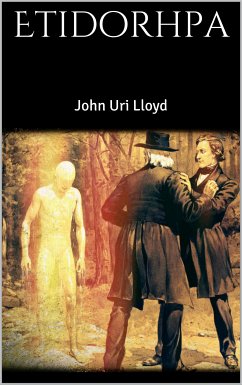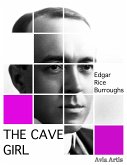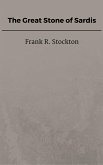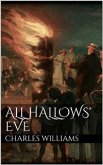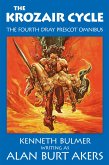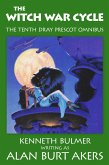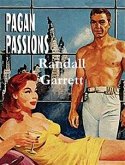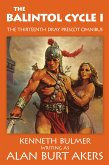Books are as tombstones made by the living for the living, but destined soon only to remind us of the dead. The preface, like an epitaph, seems vainly to "implore the passing tribute" of a moment's interest. No man is allured by either a grave-inscription or a preface, unless it be accompanied by that ineffable charm which age casts over mortal productions. Libraries, in one sense, represent cemeteries, and the rows of silent volumes, with their dim titles, suggest burial tablets, many of which, alas! mark only cenotaphs—empty tombs. A modern book, no matter how talented the author, carries with it a familiar personality which may often be treated with neglect or even contempt, but a volume a century old demands some reverence; a vellum-bound or hog-skin print, or antique yellow parchment, two, three, five hundred years old, regardless of its contents, impresses one with an indescribable feeling akin to awe and veneration,—as does the wheat from an Egyptian tomb, even though it be only wheat. We take such a work from the shelf carefully, and replace it gently. While the productions of modern writers are handled familiarly, as men living jostle men yet alive; those of authors long dead are touched as tho' clutched by a hand from the unseen world; the reader feels that a phantom form opposes his own, and that spectral eyes scan the pages as he turns them. The stern face, the penetrating eye of the personage whose likeness forms the frontispiece of the yellowed volume in my hand, speak across the gulf of two centuries, and bid me beware. The title page is read with reverence, and the great tome is replaced with care, for an almost superstitious sensation bids me be cautious and not offend. Let those who presume to criticise the intellectual productions of such men be careful; in a few days the dead will face their censors—dead.
Bitte wählen Sie Ihr Anliegen aus.
Rechnungen
Retourenschein anfordern
Bestellstatus
Storno

